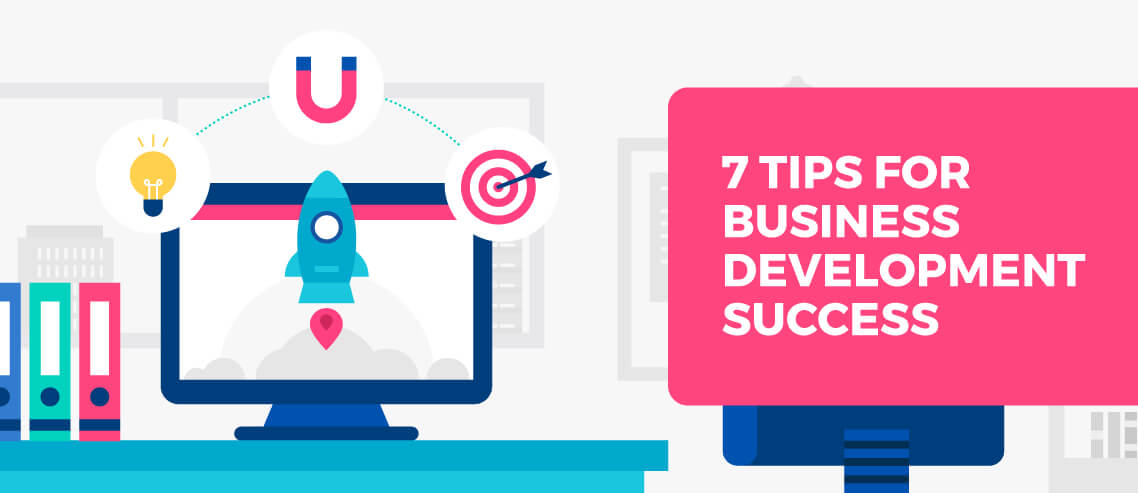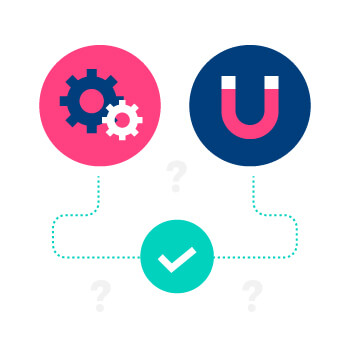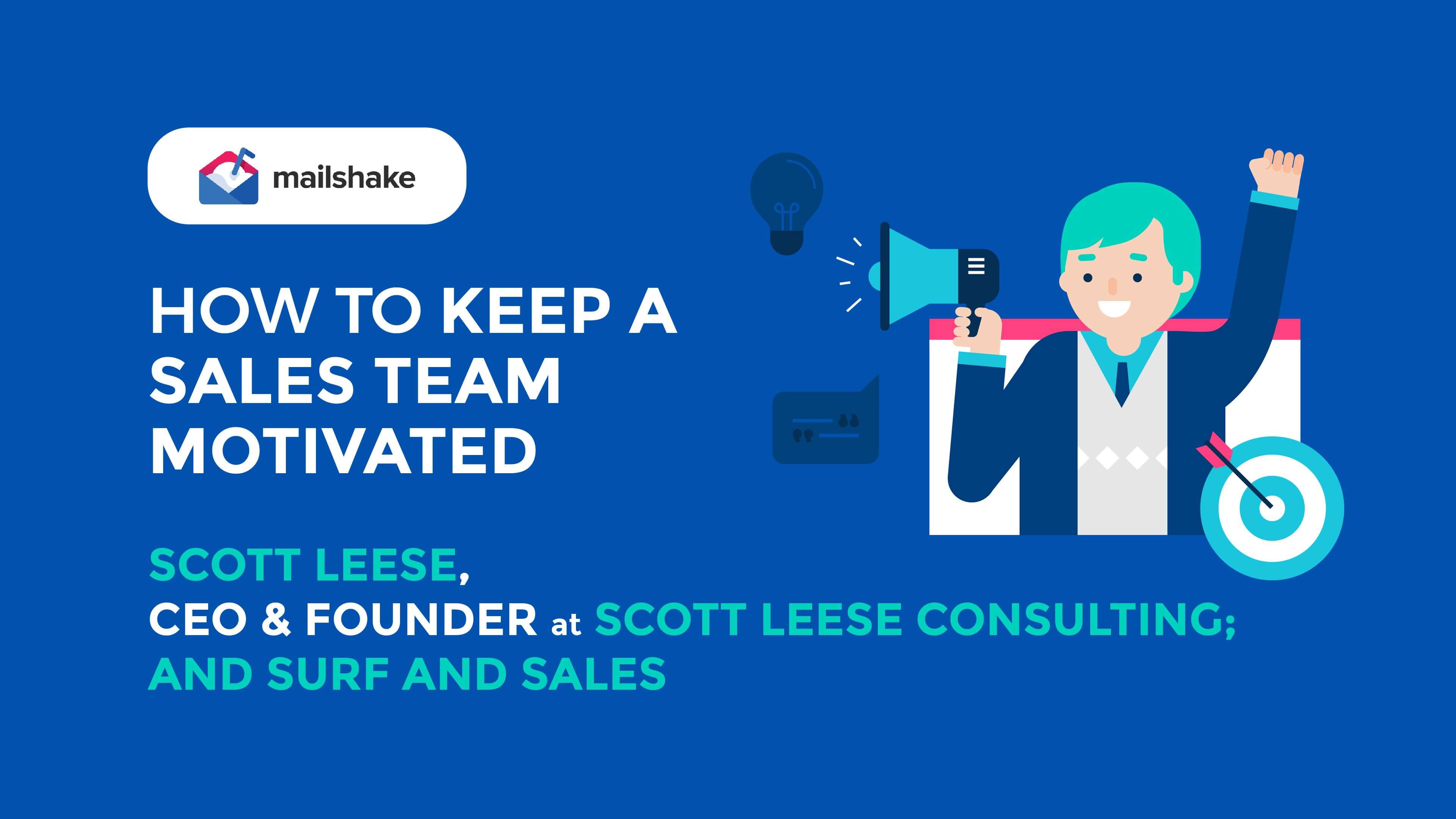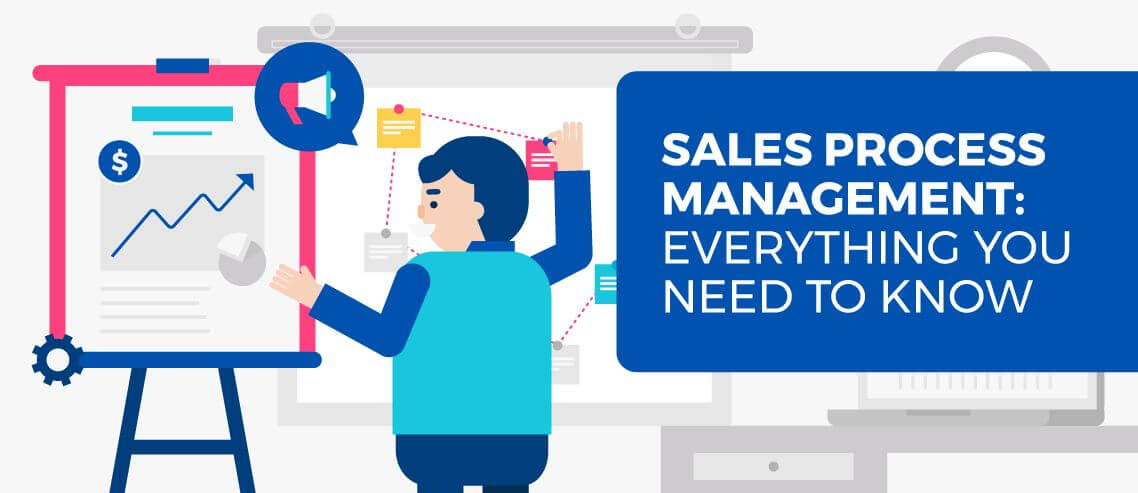7 Tips for Business Development Success

Contents
Success is often a numbers game — especially in sales.
Just look at these eye-opening stats:
> It takes 18 or more dials to connect with a prospect over the phone, with call-back rates falling below 1%. [TOPO]
> Sales reps can spend as much as 40% of their time looking for who to call. [Inside Sales]
> Organizations that master lead nurturing generate 50% more sales-ready leads, and do so at a 33% lower cost. [Marketo]
Bottom line, sales is hard…
Which is why many companies now rely on a business development representative (BDR) to help them engage with and prequalify leads, so their peers in Sales only have to follow up on sales-ready leads.
So how do BDRs wield their powers for business growth?
Here are 7 tips for achieving business development success:
- Choose the right business development strategy
- Build a solid business development process
- Know your target
- Refine your business development skills
- Embrace failure
- Never stop learning
- Motivate yourself daily
1. Choose the Right Business Development Strategy

The business development strategy you choose will depend on the type of growth your organization needs or the challenge you need to overcome.
If you don’t immediately know what that is, start by defining your goals. Do you need leads or partners? Do you need to expand into a new market or find new solutions for your existing market? Get clear on what you want to achieve, and it will be much easier to choose the right strategy.
The 4 primary business development strategies are:
- Sales Development
- Strategic Partnerships
- Market Entry
- Product Development
2. Build a Solid Business Development Process
Revenue Operations is generally responsible for developing the business development process that’s most likely to drive success. Once that process has been clearly defined, it’s important to tell each rep what they need to do to support the strategy.
Business development reps need to know the tactics they should rely on (and how much freedom they have to try new tactics. They need to know what their quota is. And they need resources to achieve their goals.
The tactics used most by BDRs are:
- Cold calling
- Outreach emails
- Social selling
- Digital marketing
Of course, you’ll need to resource your BDRs, so they can achieve the highest success rate possible.
For instance, if your strategy is focused on customer acquisition, your BDRs will need call scripts or cold email templates.
Keep in mind that a business development process can make or break your success rate. Spend time creating a clear, easy-to-implement process.
You’ll need to track your success rate with every channel and type of outreach, then evaluate:
- What works and what doesn’t?
- Which segments are most responsive?
- Which channels give you the best outcomes?
- Are there new opportunities you could try?
3. Know Your Target

To win at business development, you can’t work blindly. You need to have a deep understanding of your market, your audience, and your product.
Be aware, though, you’ll never fully know your target. People and their needs continually change. You have to stay current, research constantly, and find more details and data that you can use in your daily tasks.
By focusing on understanding your audience, you will be able to take actions that perfectly match the expectations of your potential customers — and that’s the real secret sauce to business development success.
4. Refine Your Business Development Skills
It’s easy to get distracted and feeling lost in business development. There is always so much to do. Results don’t come quickly. And it’s hard to stay motivated.
For all these reasons, it’s important to continually improve your skills. Here are 3 ways you can hone your skills as a BDR:
First and foremost, nurture your creativity. Be curious about everything, and always look for creative solutions to your challenges. Creativity is a powerful tool when you use it to spot opportunities and reach your goals.
Second, improve your communication skills. In business development, you spend the majority of your time reaching out to potential customers. You need to be able to effectively communicate the value of your service or product. You need to know how to ask questions, actively listen to everything said, and keep accurate notes.
Last, practice persistence. Only a small percentage of your cold calls and cold emails will generate sales-ready leads. You’ll get a lot of rejection. You need to have a sense of humor about it, and you need to be patient and persistent, knowing that success really is a numbers game.
5. Embrace Failure
As a business development professional you will definitely encounter failure. Your job is to find creative ways to generate leads. That means you’ll try lots of new approaches to figure out what works — and not everything will bring the results you expect.
When this happens, you have two choices:
- Become a victim and complain about everything
- Learn to deal with failure and move on to your next idea
Regardless of the outcome, true success comes from trying new things. If your ideas don’t work, understand that there’s no shame in having tried. Accept that it’s part of the process and every No is just one step closer to a Yes.
Also, by moving on quickly, you’ll learn to make decisions faster, and you’ll become more motivated to achieve your goals. That’s only going to set you up for future success.
6. Never Stop Learning

One important element of business development success is the ability to learn. The very essence of business development is finding new opportunities to grow your business.
However, the moment you stop learning, you condemn yourself to fail. The reason is simple, the market moves very fast. New technologies are being developed every day. And of course, every day, new competitors step up to steal your prospects.
The only way to prevent this from happening is by developing a lifestyle of learning. Never stop reading, testing, and experimenting.
7. Motivate Yourself Daily
Last, but not least, don’t rely on anyone else to help you stay motivated. Your manager or colleagues can definitely help, but ultimately, it’s your job to stay optimistic about your job.
Sure, you’ll feel drained and unmotivated sometimes. That’s what happens to anyone working on any project. But the biggest mistake you can make is to blame your lack of motivation on others.
At the end of the day, success depends on your persistence… on how much you want to push to get your goals… and on how much you motivate yourself to do so.
Learn this and you’ll be unstoppable!





